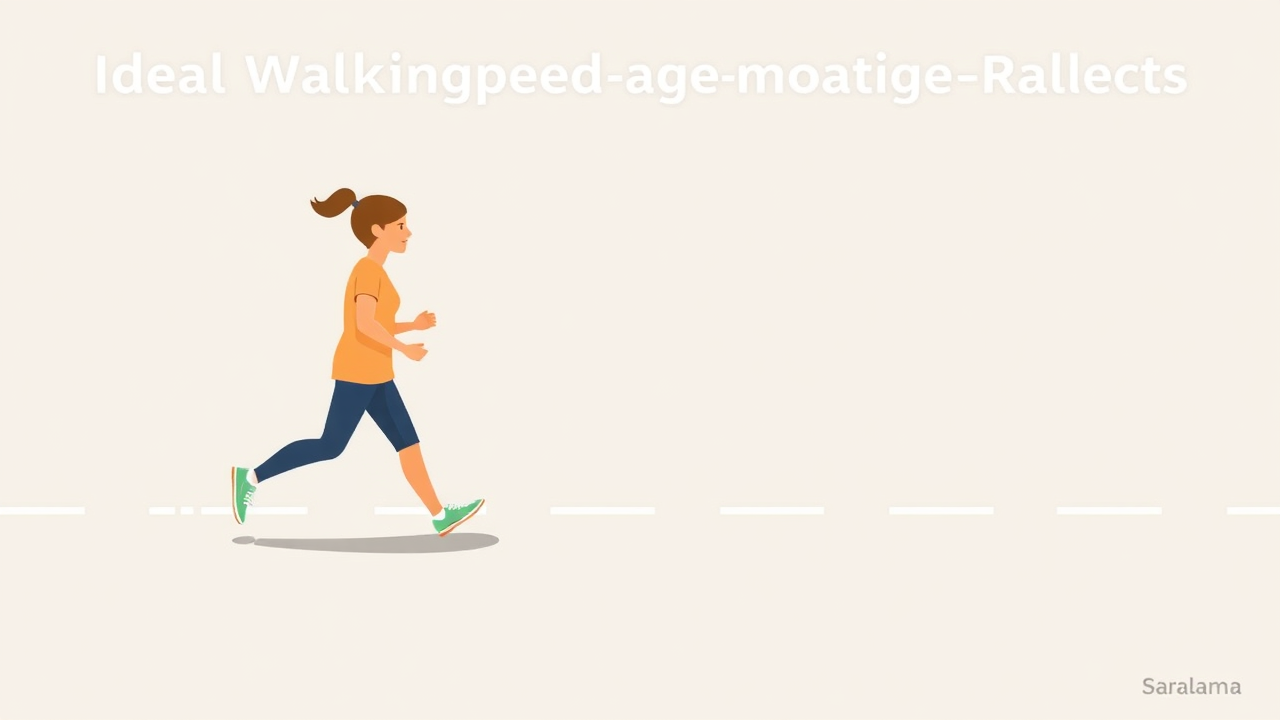Maintaining heart health involves more than counting daily steps; the speed at which you walk plays a crucial role. Research indicates that a moderate to brisk walking pace is most beneficial for cardiovascular wellness. Dr Kunal Sarkar, Director of Cardiac Surgery at Manipal Hospital in Kolkata, explains that physical activity is essential for metabolic balance. Consuming around 2,000 calories daily without burning 300–400 calories through exercise causes the body to store excess energy as fat. This accumulation, particularly around the abdomen, negatively impacts lipid profiles and increases the risk of heart attacks and cardiovascular diseases. Regular exercise prevents unwanted fat buildup by helping the body utilize consumed energy effectively. For someone weighing approximately 65 kg, walking at a speed of 4 to 6 km per hour can burn the necessary calories to maintain metabolic health and reduce strain on the heart over time.

Ideal Walking Speed and Age-Related Adjustments
For most individuals, a brisk walking pace of 4 to 6 km per hour is recommended. At this speed, a person weighing around 65 kg can burn approximately 300–400 calories in an hour, while moderate jogging might burn 400–600 calories. Age affects exercise intensity requirements, as heart capacity naturally declines over time. A safe maximum heart rate can be calculated using the formula: 200 minus your age. For instance, a 30-year-old should not exceed 170 beats per minute. However, for most healthy adults, it is advisable to keep the heart rate below 150 bpm during brisk walking or light cardio. Consistency in moderate-paced walking is more important than high intensity for maintaining metabolism and cardiovascular efficiency.
Source: Link
